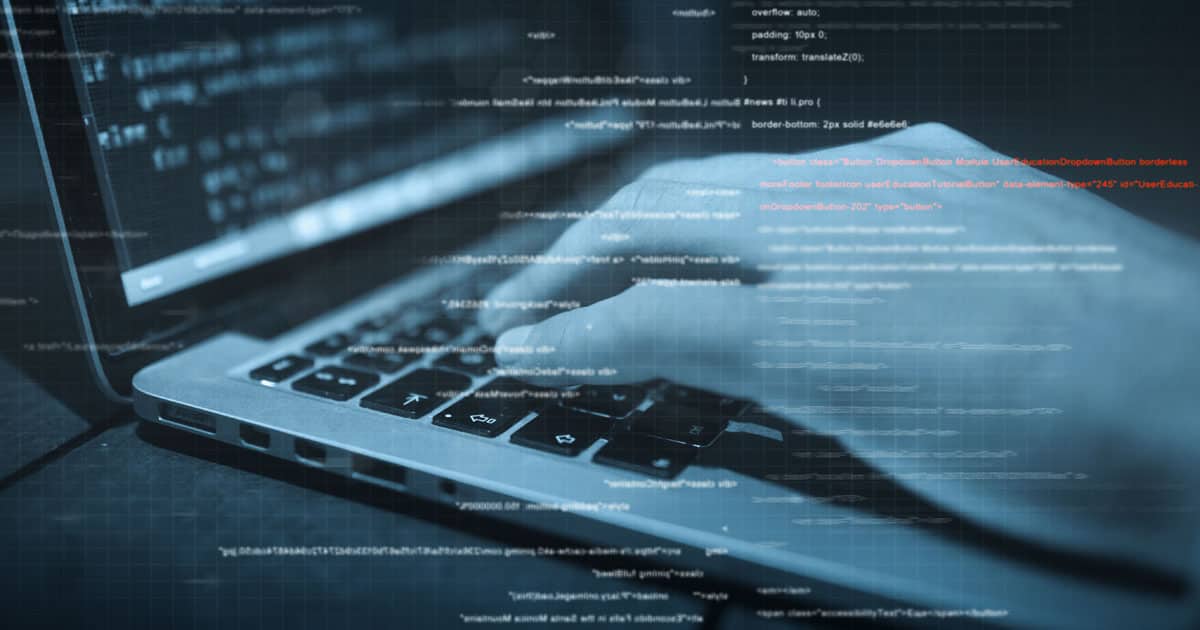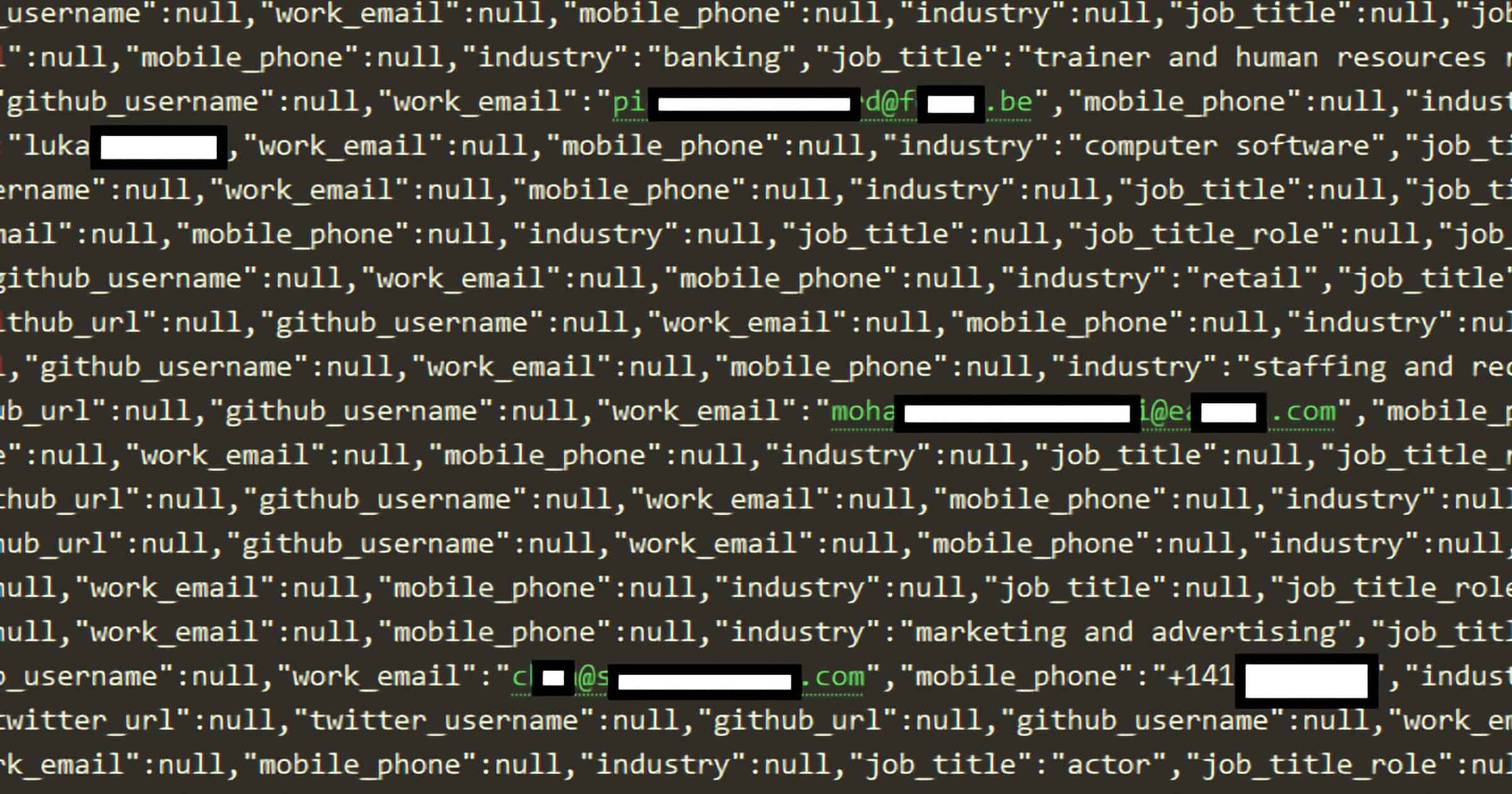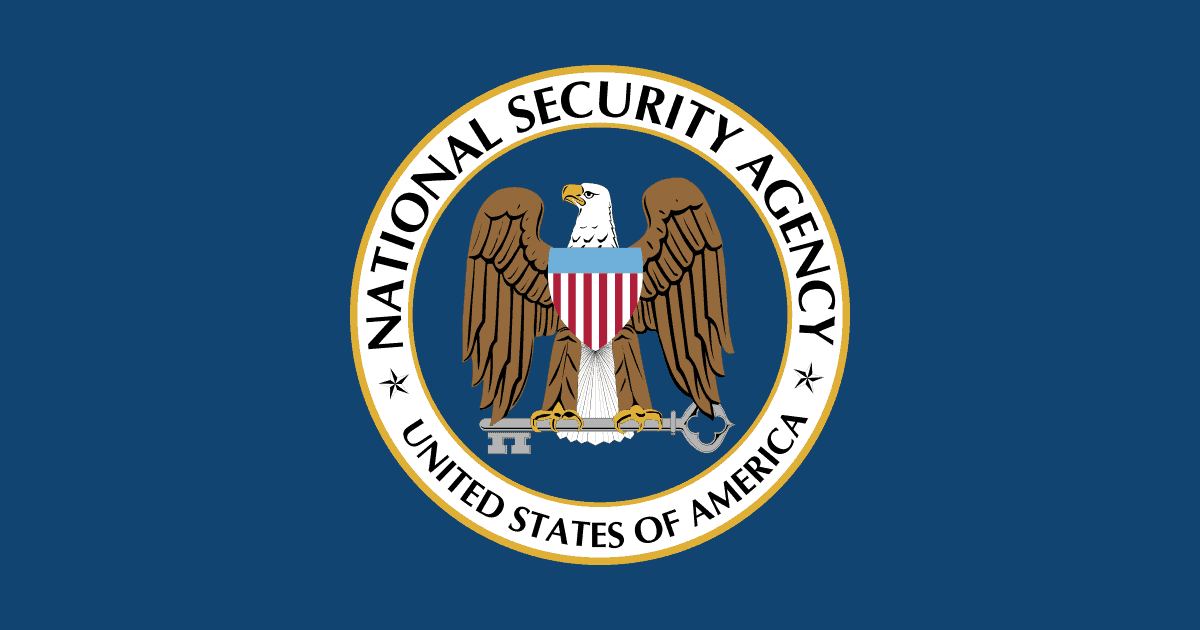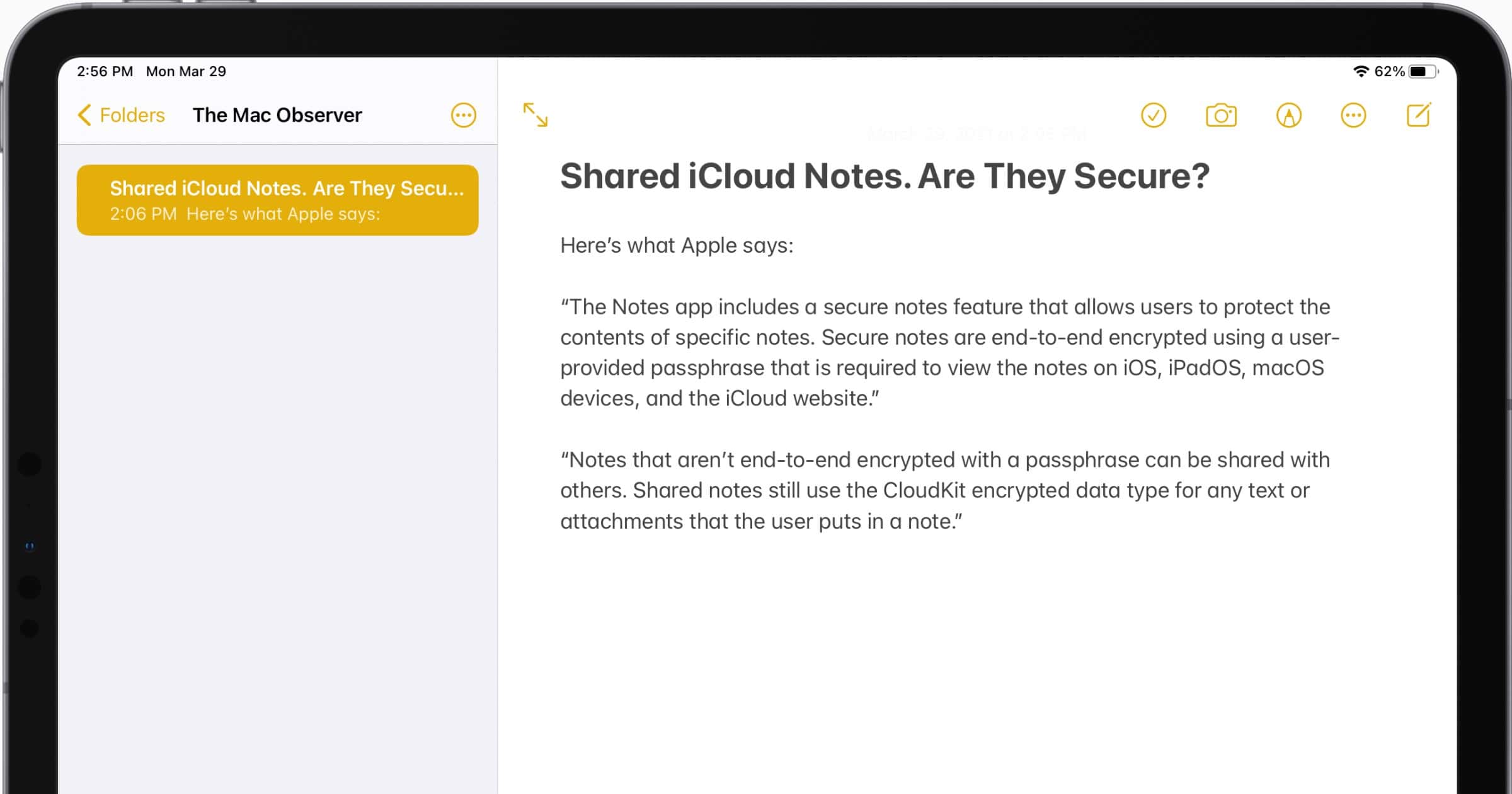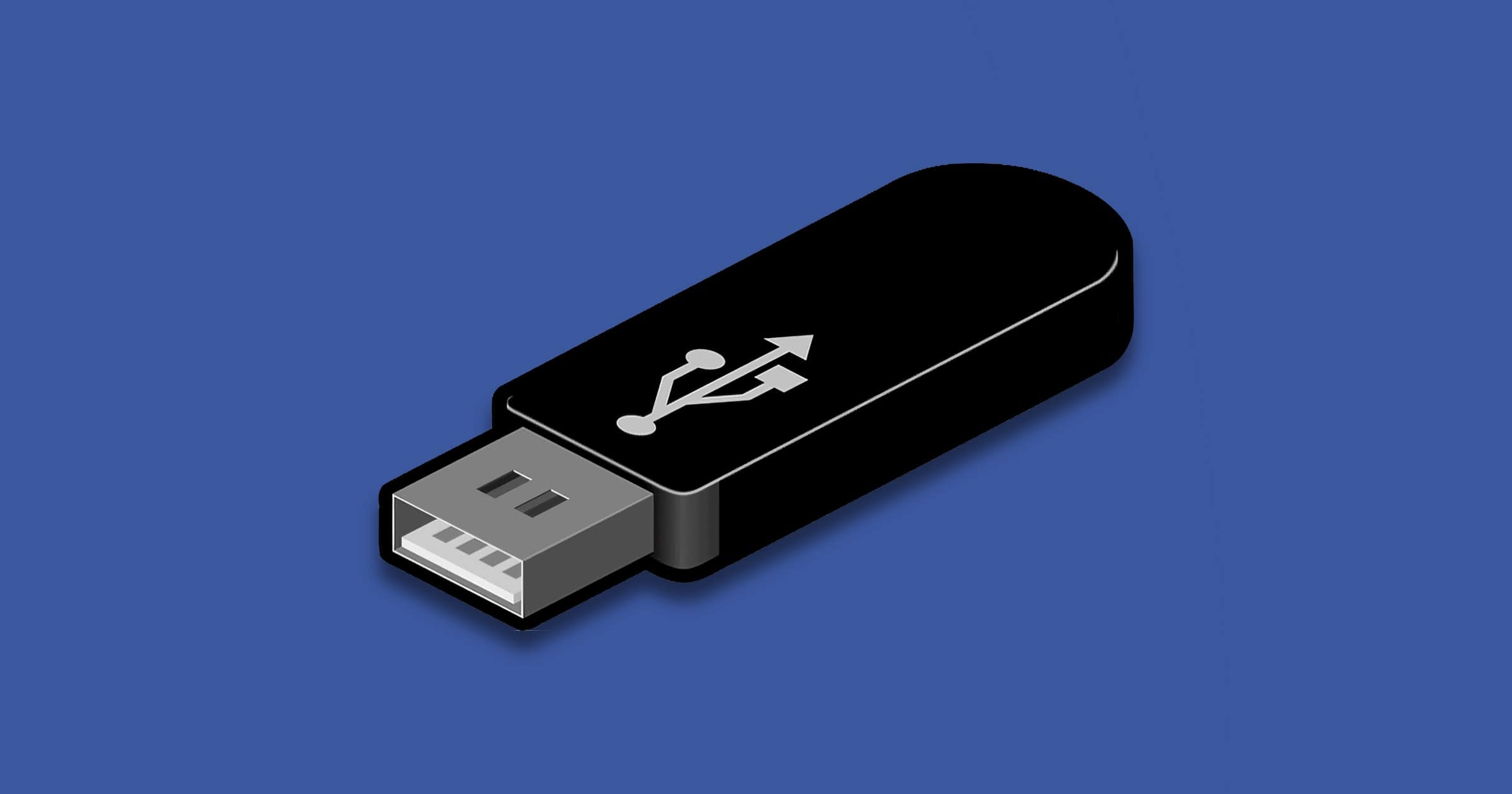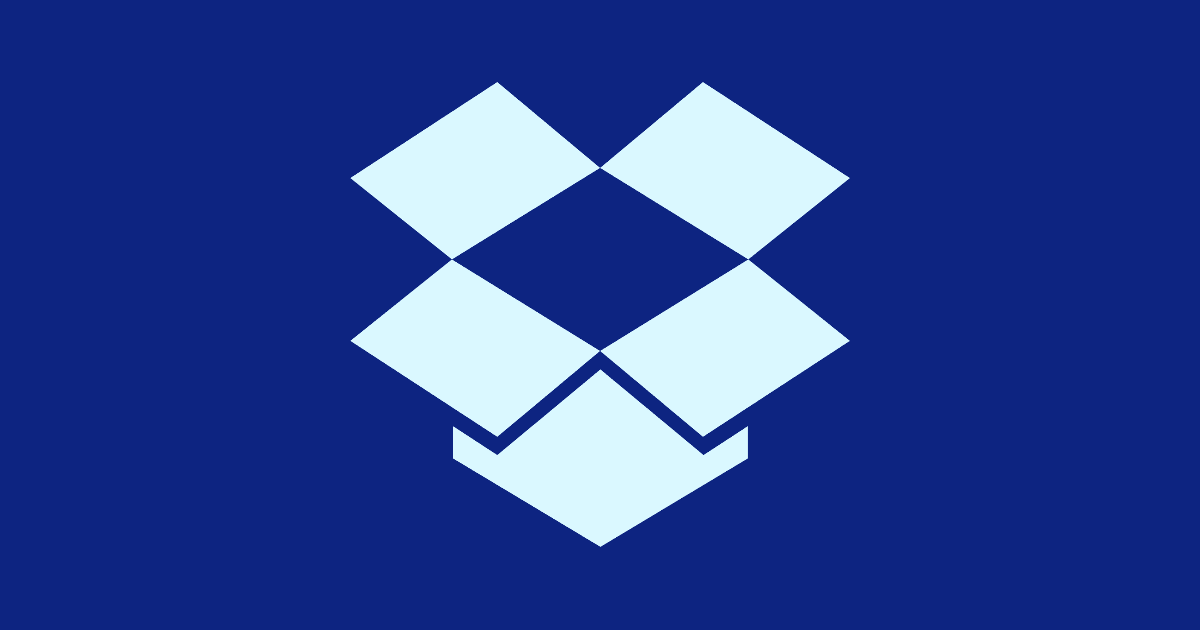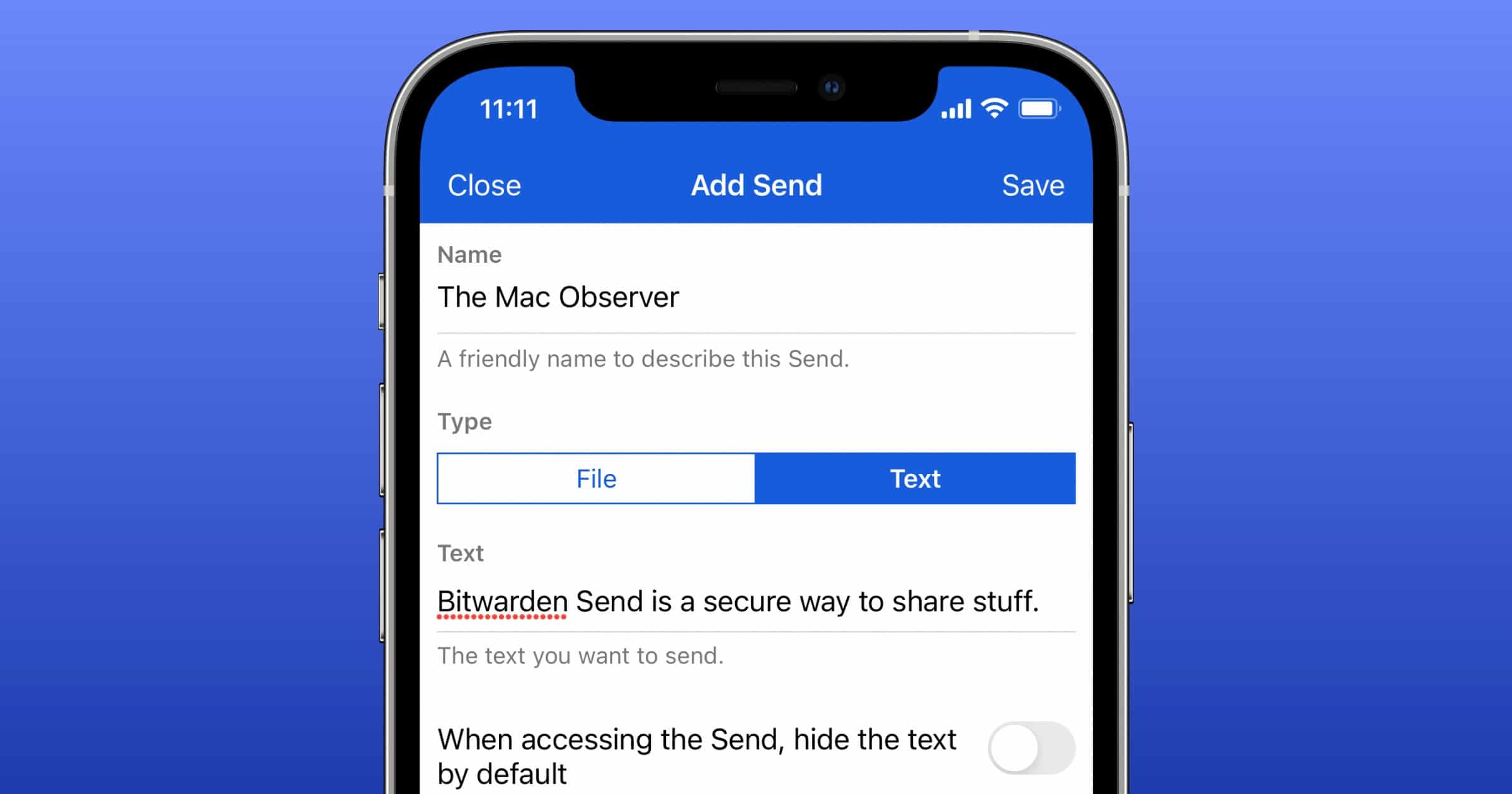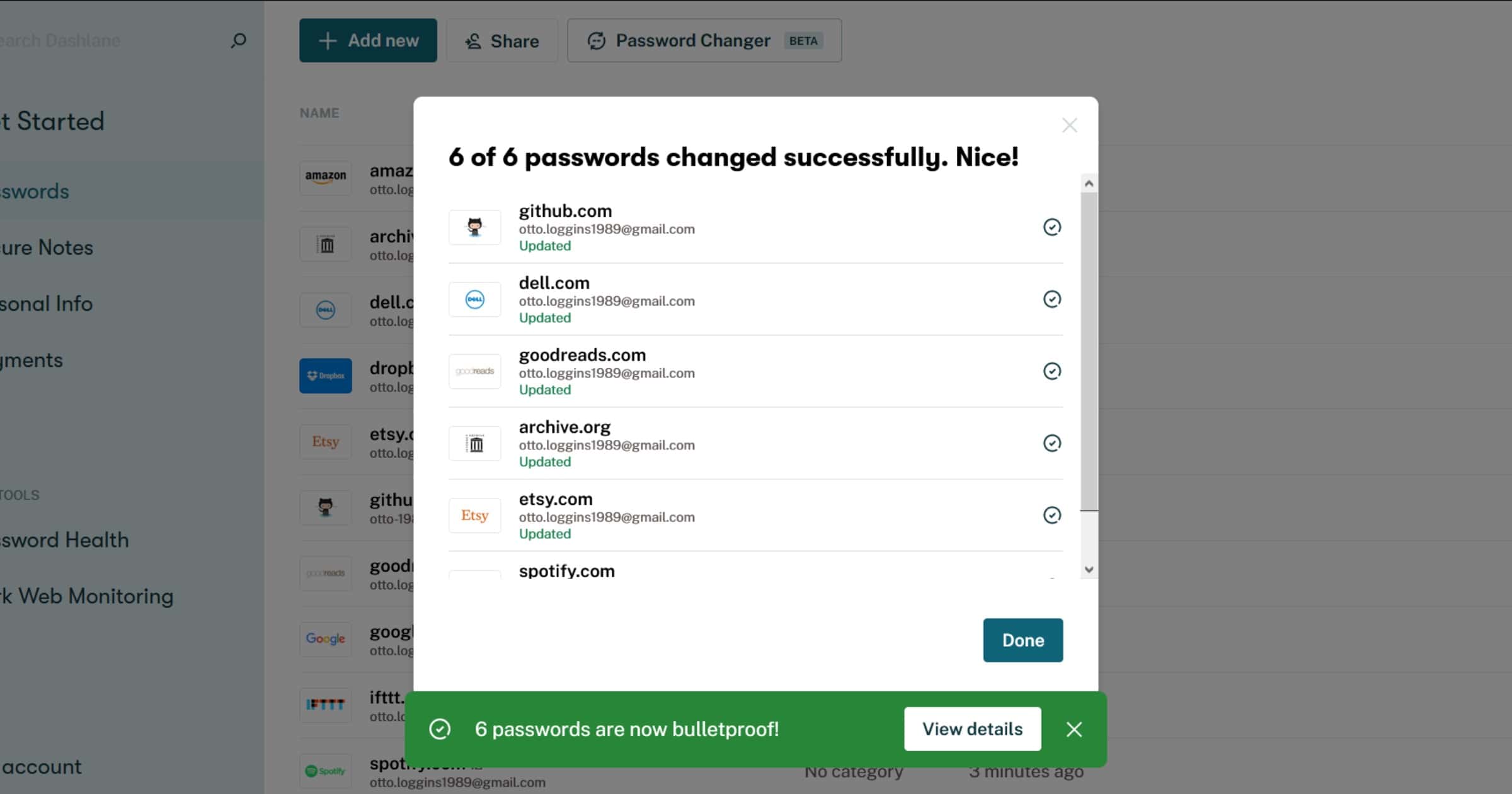The security firm that unlocked the iPhone of the San Bernardino shooter has been unveiled, and it’s an Australian company called Azimuth.
Azimuth is a poster child for “white hat” hacking, experts say, which is good-guy cybersecurity research that aims to disclose flaws and disavows authoritarian governments. Two Azimuth hackers teamed up to break into the San Bernardino iPhone, according to the people familiar with the matter, who like others quoted in this article, spoke on the condition of anonymity to discuss sensitive matters.
An interesting story, especially with the connection to Corellium.




